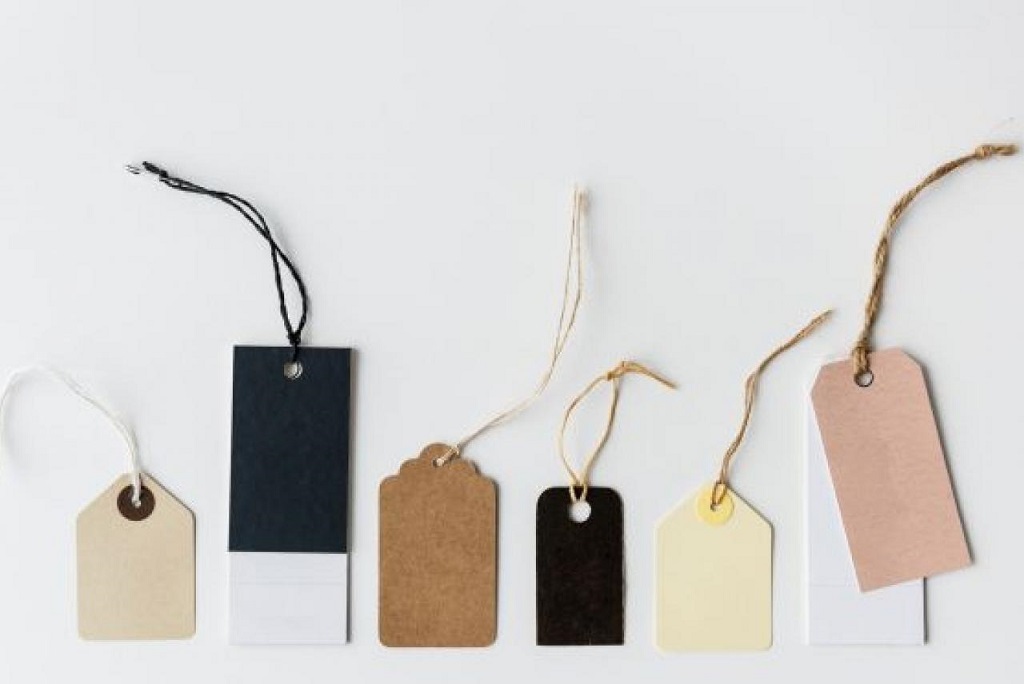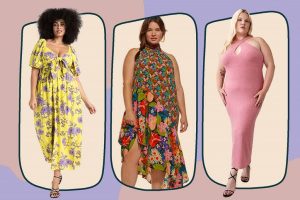
In today’s fashion-conscious world, the concept of “ethical clothing” is gaining traction. But beyond trendy buzzwords, ethical clothing embodies a movement towards a more sustainable and socially responsible fashion industry. This article delves into the reasons why ethical clothing matters, exploring its impact on people, the planet, and ultimately, your own wardrobe choices.
Beyond Style: The Ethical Dimension of Fashion
Fast fashion, characterized by the mass production of trendy clothing at low prices, has dominated the industry for decades. However, this model comes at a significant cost:
- Exploitative Labor Practices: Fast fashion often relies on sweatshops with low wages, unsafe working conditions, and potential child labor violations. Ethical clothing prioritizes fair treatment and decent work conditions for garment workers.
- Environmental Degradation: The textile industry is a major polluter, contributing to water contamination through dyeing processes and textile waste overflowing landfills. Ethical clothing promotes sustainable practices that minimize environmental impact.
- Quality Concerns: Fast fashion garments are often made with cheap materials, leading to quick wear and tear, and encouraging a “throwaway culture.” Ethical clothing emphasizes quality and durability, fostering a more mindful approach to fashion.
The Human Cost: Putting a Face to Ethical Fashion
The human cost of fast fashion is a compelling reason to embrace ethical alternatives. Ethical clothing ensures:
- Fair Wages: Garment workers receive fair compensation for their labor, allowing them to afford necessities and improve their quality of life.
- Safe Working Conditions: Safe working environments ensure worker well-being and prevent accidents or exposure to harmful substances.
- Empowering Women: Women make up a significant portion of the garment workforce. Ethical clothing empowers women through fair wages and opportunities for advancement.
By choosing ethical clothing, you contribute to building a more just and equitable fashion industry.
Environmental Benefits: A Sustainable Approach to Style
Ethical clothing prioritizes practices that minimize the industry’s environmental footprint:
- Sustainable Materials: Organic cotton, recycled polyester, and natural fibers are preferred over resource-intensive and polluting materials like conventional cotton.
- Reduced Water Consumption: Ethical clothing production strives to minimize water usage throughout the production chain, from fabric dyeing to garment finishing.
- Lower Carbon Footprint: Sustainable practices reduce reliance on fossil fuels and minimize greenhouse gas emissions associated with production and transportation.
By supporting ethical brands, you contribute to a cleaner and healthier planet for future generations.
Beyond the Label: Investing in Quality and Longevity
Ethical clothing isn’t just about the social and environmental impact; it’s also about a shift in consumer mindset:
- Quality over Quantity: Investing in fewer, well-made ethical pieces encourages a more mindful approach to fashion.
- Durability over Trends: Ethical clothing prioritizes quality construction, ensuring garments last longer and reducing garment waste.
- Timeless Style: Ethical clothing often embraces classic styles that transcend fleeting trends, encouraging conscious consumption.
Ethical clothing allows you to build a wardrobe you’ll love and wear for years to come.
Making Informed Choices: Finding Ethical Clothing Brands
Identifying ethical brands requires some research:
- Look for Certifications: Certifications like Fairtrade or GOTS (Global Organic Textile Standard) indicate a commitment to ethical and sustainable practices.
- Research Brand Values: Read brand websites and social media pages to understand their commitment to ethical production.
- Transparency is Key: Ethical brands are transparent about their supply chain and production practices.
By doing your research, you can choose brands that align with your values and empower positive change within the fashion industry.

Ethical Fashion on a Budget: Going Beyond the Price Tag
Ethical clothing might seem expensive at first glance. Here’s how to make it work within your budget:
- Invest in Key Pieces: Focus on high-quality, versatile pieces that can be easily mixed and matched to create multiple outfits.
- Shop Secondhand: Thrift stores and vintage shops offer a treasure trove of unique and often ethically-made clothing at affordable prices.
- Support Local Brands: Small, local ethical brands often offer unique and high-quality pieces without the markups of larger retailers.
Remember, every ethical purchase, big or small, contributes to a more sustainable future for fashion.
Related: Faded Hair Style: A Timeless Trend in Hair Fashion
Conclusion: Your Wardrobe: A Statement of Values
Ethical clothing transcends mere aesthetics. It’s a statement of your values, a conscious choice to contribute to a more just and sustainable world. By embracing ethical fashion, you can look good, feel good, and make a positive impact on the planet and the lives of garment workers. So, the next time you update your wardrobe, consider the power your clothing choices hold.
- Consider including a call to action, encouraging readers to explore online resources that curate ethical clothing brands or offer tips for building a sustainable wardrobe.
- For readers who want to delve deeper, you can mention organizations promoting ethical fashion practices, like the Fair Labor Association (FLA) or the Sustainable Apparel Coalition (SAC).


